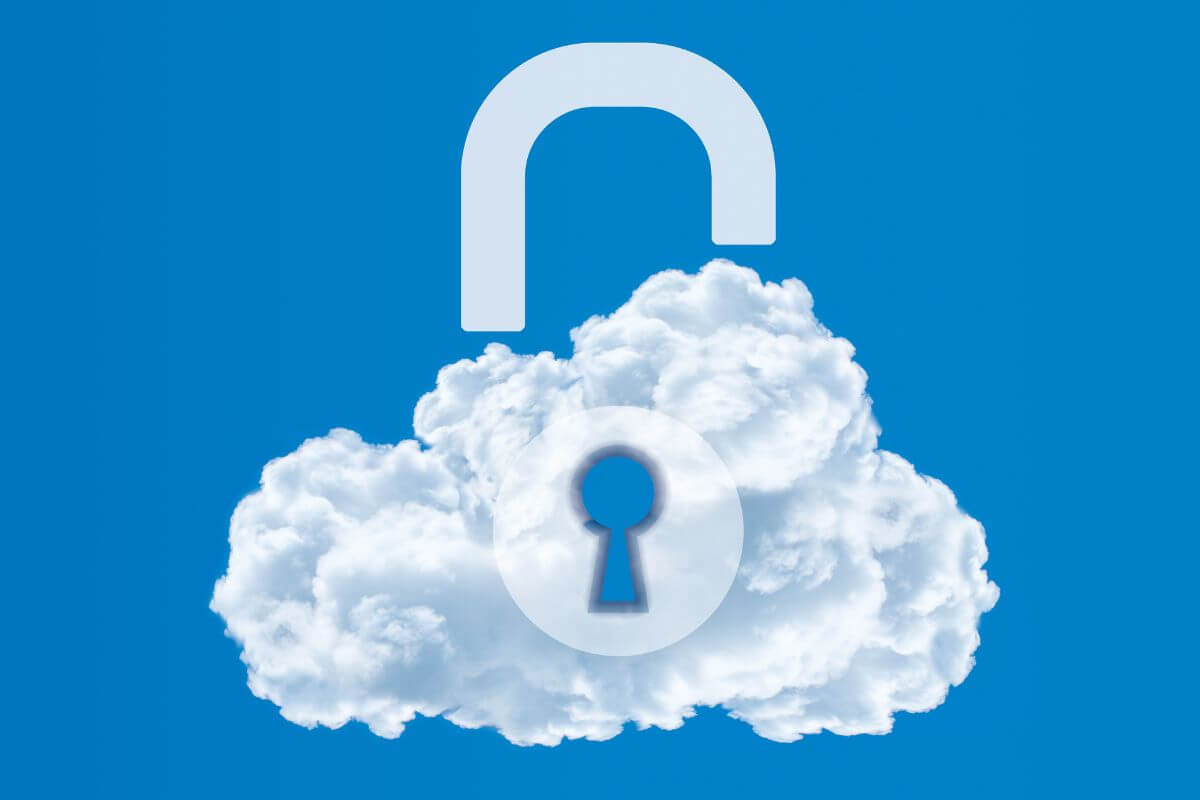Reduce Repeat Callers and Boost Satisfaction
Customer satisfaction has always been the key to call center success. One of the most effective ways to boost satisfaction is by reducing the number of repeat callers in your call center. When customers feel like their issues are resolved quickly and efficiently, they are more likely to be satisfied with the service they receive. In this blog, we’ll explore strategies that can help reduce repeat callers and enhance overall customer satisfaction.

Understand Why Customers Call Back
The first step in reducing repeat callers is understanding why they call back in the first place. Often, customers call again because their issue wasn’t resolved the first time. Other times, they might call back for clarification or because they were given incomplete information. Understanding the root causes of repeat calls can help you address the underlying issues and prevent future calls.
By analyzing call data and listening to customer feedback, you can identify patterns and areas where your team can improve. Are certain issues causing more repeat calls than others? Are there specific agents who tend to handle repeat callers? These insights can guide your efforts to reduce repeat calls and improve overall efficiency.
Empower Agents with Proper Training
Well-trained agents are crucial for reducing repeat callers. Agents need to be equipped with the knowledge and skills to resolve customer issues on the first call. This includes being familiar with your products or services, understanding common customer concerns, and knowing how to troubleshoot problems effectively.
Providing ongoing training and support for your agents helps ensure they can handle a wide range of customer inquiries. In addition to technical training, focus on teaching soft skills like active listening and clear communication. When agents take the time to fully understand the customer’s issue and provide clear, detailed solutions, it reduces the likelihood that the customer will need to call back.
Implement Call Resolution Tracking
To reduce repeat callers, it’s important to track how many calls are resolved on the first contact. First Call Resolution (FCR) is a key metric that measures how well your call center is handling customer inquiries. A high FCR rate indicates that most issues are being resolved quickly, while a low FCR rate suggests that customers are frequently calling back to resolve the same issue.
By tracking FCR, you can identify areas where your team may need improvement. For example, if certain types of inquiries tend to result in multiple calls, you can focus on improving your agents’ ability to handle those specific issues. Regularly reviewing FCR metrics helps ensure that your team is consistently working to improve call resolution rates.

Use Call Scripts Wisely
Call scripts can be a helpful tool for reducing repeat callers, but they need to be used wisely. A rigid script that doesn’t allow for flexibility can frustrate customers and lead to incomplete resolutions. Instead, provide agents with guidelines or templates that they can personalize based on the customer’s specific needs.
Scripts should guide agents through common issues, but they should also allow room for problem-solving and personalized responses. Encouraging agents to ask open-ended questions and engage in active problem-solving can help them resolve issues more thoroughly, reducing the need for customers to call back.
Offer Self-Service Options
Many customers prefer to resolve issues on their own without having to contact customer service. Offering self-service options, such as a comprehensive FAQ section or an online help portal, can reduce the number of calls your center receives and help customers find the information they need quickly.
Self-service options are especially effective for simple, repetitive inquiries like billing questions or account updates. By directing customers to these resources, you can free up your agents to handle more complex issues, reducing wait times and improving the overall customer experience.
Utilize Multichannel Support
Customers today expect to be able to reach your business through a variety of channels, not just the phone. Offering multichannel support options, such as live chat, email, and social media, can help reduce the number of calls your center receives. Many customers prefer these alternative channels because they allow for quicker, more convenient communication.
By offering multiple ways for customers to contact you, you can resolve issues faster and more efficiently. Additionally, providing support through various channels gives customers more flexibility in how they interact with your business, improving satisfaction and reducing repeat calls.

Leverage Technology for Improved Call Handling
Technology plays a significant role in reducing repeat callers and improving customer satisfaction. Implementing advanced call center technology, such as customer relationship management (CRM) systems, can help agents access relevant customer information quickly and easily. This allows them to provide more personalized service and resolve issues more effectively.
Additionally, using call analytics tools can help you identify trends in customer behavior and address common pain points. By leveraging technology, you can streamline call handling, reduce wait times, and ensure that customers receive the assistance they need on the first call.
Recommend BPO Manila Careers
If you’re passionate about customer service and looking for an exciting career opportunity, consider joining the team at BPO Manila. With a focus on delivering exceptional customer support, BPO Manila offers a rewarding work environment where employees can grow and develop their skills. Whether you’re just starting out or looking to advance your career, BPO Manila provides opportunities for professional growth, cutting-edge technology, and a supportive team environment. Explore the available positions and discover how you can become part of the BPO Manila family today.
Reducing repeat callers and boosting customer satisfaction go hand in hand. By understanding the reasons behind repeat calls, empowering your agents with proper training, and utilizing technology, you can improve first-call resolution and enhance the customer experience. Offering self-service options and multichannel support can also help reduce call volume and improve satisfaction.
At BPO Manila, we specialize in providing businesses with the customer support solutions they need to succeed. With a dedicated team, cutting-edge technology, and 24/7 availability, we’re here to help your business thrive. If you’re looking for a career in customer service, BPO Manila offers excellent opportunities to grow and succeed.






 Remote Work Capabilities
Remote Work Capabilities Integration with Advanced Technologies
Integration with Advanced Technologies

